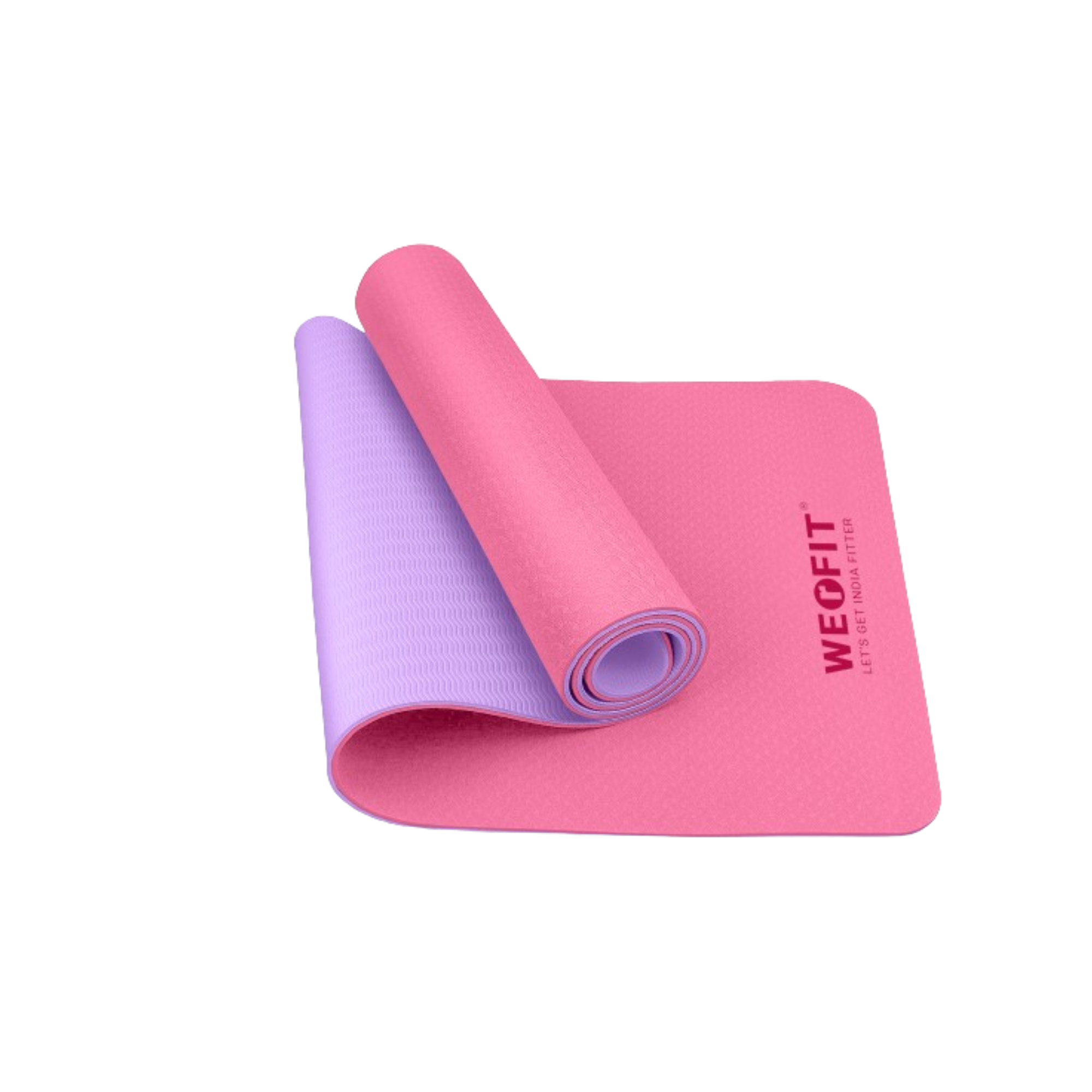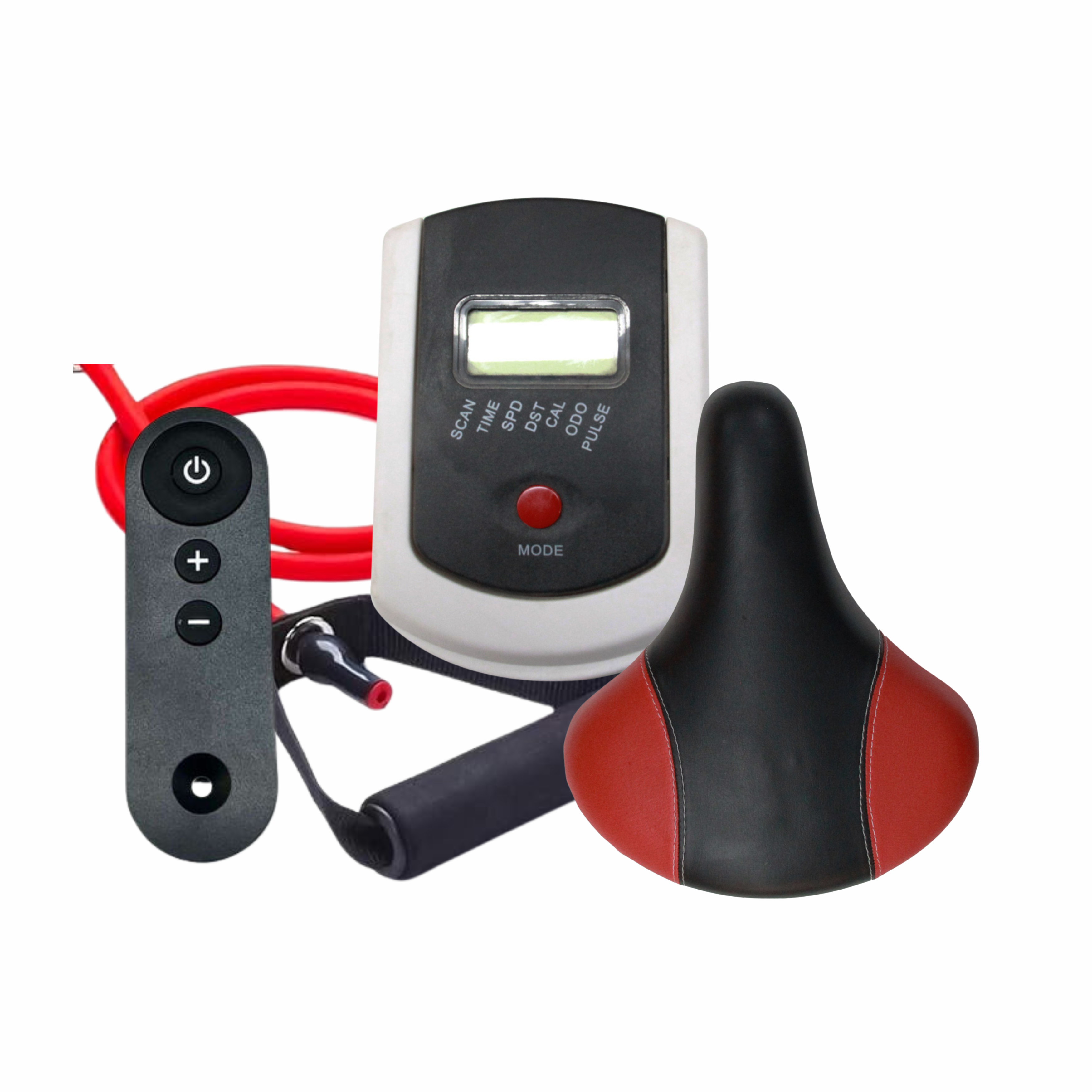
What Happens to Your Body When You Do Yoga Every Day?
Yoga, an ancient practice that originated in India, has gained immense popularity worldwide for its numerous physical and mental benefits. From improved flexibility to reduced stress levels, daily yoga practice can have a profound impact on the body and mind. Let's delve into what exactly happens to your body when you make yoga a part of your daily routine.
Physical Benefits of Daily Yoga Practice
Improved Flexibility
One of the most well-known benefits of yoga is increased flexibility. Through various yoga poses (asanas), you stretch and elongate your muscles, gradually improving your range of motion.
Increased Strength
Contrary to popular belief, yoga is not just about stretching—it also builds strength. Many yoga poses require you to engage your muscles to maintain proper alignment and balance, resulting in increased strength, especially in the core, arms, and legs.
Better Posture
Daily yoga practice can help correct poor posture by strengthening the muscles that support the spine. As you become more aware of your body alignment during yoga, you'll naturally carry yourself with more grace and poise throughout the day.
Enhanced Cardiovascular Health
Certain styles of yoga, such as Vinyasa or Power Yoga, involve continuous movement and flowing sequences that elevate the heart rate. This cardiovascular aspect of yoga contributes to improved heart health and circulation.
Mental Benefits of Daily Yoga Practice
Stress Reduction
Yoga emphasizes deep breathing and mindfulness, both of which are effective stress-reduction techniques. By focusing on the present moment and letting go of worries, you can experience a sense of calm and relaxation during and after yoga practice.
Improved Focus and Concentration
The meditative aspect of yoga enhances mental clarity and concentration. Through regular practice, you'll find it easier to stay focused on tasks and remain present in all aspects of your life.
Enhanced Mood and Mental Well-being
Yoga stimulates the release of endorphins, neurotransmitters often referred to as "feel-good hormones." These chemicals promote feelings of happiness and contentment, helping to alleviate symptoms of anxiety and depression.
How Yoga Affects Different Systems of the Body
Nervous System
Yoga activates the parasympathetic nervous system, responsible for the body's rest and relaxation response. This induces a state of calmness and reduces the production of stress hormones like cortisol.
Endocrine System
Certain yoga poses, such as backbends and inversions, stimulate the endocrine glands, regulating hormone production and promoting hormonal balance.
Digestive System
Yoga poses that involve twists and forward folds massage the abdominal organs, aiding digestion and alleviating digestive issues like bloating and constipation.
Immune System
Regular yoga practice strengthens the immune system by promoting circulation, detoxification, and the production of antibodies that help fight off infections.
Yoga and Weight Management
Burning Calories
While yoga may not burn as many calories as high-intensity workouts, it still contributes to weight management by increasing metabolism and promoting fat loss, especially when combined with a healthy diet.
Building Lean Muscle Mass
Certain yoga styles, such as Ashtanga or Bikram Yoga, incorporate strength-building poses that help build lean muscle mass, which in turn boosts metabolism and aids in weight loss.
Yoga's Impact on Sleep Quality
Regulating Sleep Patterns
Practicing yoga before bedtime can help regulate sleep patterns by calming the mind and preparing the body for restful sleep.
Promoting Relaxation for Better Sleep
Yoga's emphasis on relaxation and deep breathing triggers the body's relaxation response, making it easier to fall asleep and stay asleep throughout the night.
Preventative Health Benefits of Yoga
Lowering Blood Pressure
Yoga has been shown to lower blood pressure levels by reducing stress, promoting relaxation, and improving circulation.
Boosting Immune Function
The stress-reducing effects of yoga, coupled with its ability to stimulate the lymphatic system, contribute to a stronger immune system and increased resistance to illness.
Yoga and Chronic Pain Management
Alleviating Back Pain
Many yoga poses target the muscles of the back and spine, providing relief from chronic back pain and improving spinal health.
Relieving Joint Pain
Gentle, low-impact yoga poses can help alleviate joint pain by increasing flexibility, lubricating the joints, and reducing inflammation.
The Importance of Consistency in Yoga Practice
Establishing a Daily Routine
To experience the full benefits of yoga, it's essential to practice consistently. Set aside a specific time each day for yoga, making it a non-negotiable part of your daily routine.
Overcoming Obstacles to Consistency
Identify any obstacles that may prevent you from practicing yoga daily, such as lack of time or motivation, and find creative solutions to overcome them.
Tips for Incorporating Yoga into Daily Life
Setting Realistic Goals
Start with manageable goals and gradually increase the duration and intensity of your yoga practice as you become more comfortable.
Finding the Right Time and Space
Choose a time and space where you can practice yoga without distractions, whether it's early morning in your living room or during your lunch break at work.
Common Misconceptions About Yoga
It's Only for Flexible People
Yoga is for everyone, regardless of age, fitness level, or flexibility. With regular practice, you'll gradually become more flexible over time.
It's Only for Women
Yoga is a gender-neutral practice that benefits people of all genders. Men can also experience the physical and mental benefits of yoga by incorporating it into their daily routine.
Listening to Your Body During Yoga Practice
Practicing Mindfulness and Self-awareness
Pay attention to how your body feels during yoga and adjust the intensity of the poses accordingly. Honor your body's limits and avoid pushing yourself too hard.
Avoiding Overexertion and Injury
While it's important to challenge yourself in yoga, it's equally important to listen to your body and avoid overexertion or pushing yourself into painful positions that could lead to injury.
The Role of Yoga in Holistic Well-being
Integrating Mind, Body, and Spirit
Yoga is more than just a physical practice—it's a holistic approach to health and well-being that integrates mind, body, and spirit.
Cultivating Self-compassion and Acceptance
Yoga teaches us to be compassionate towards ourselves and others, fostering a sense of acceptance and gratitude for our bodies and our lives.
Testimonials and Personal Experiences
Real-life Stories of Transformation Through Daily Yoga Practice
Share testimonials from individuals who have experienced significant improvements in their physical and mental well-being as a result of daily yoga practice.
Conclusion
In conclusion, daily yoga practice offers a multitude of benefits for both the body and mind, including improved flexibility, strength, mental clarity, and emotional well-being. By making yoga a part of your daily routine and approaching it with consistency and mindfulness, you can experience profound transformations in all aspects of your life.
FAQs (Frequently Asked Questions)
Is yoga suitable for beginners?
- Absolutely! There are many beginner-friendly yoga classes and tutorials available, making it accessible to people of all fitness levels.
How long should I practice yoga each day?
- Even just 10-15 minutes of yoga per day can yield noticeable benefits. However, longer sessions of 30 minutes to an hour are ideal for experiencing deeper effects.
Do I need any special equipment to practice yoga?
- While a yoga mat can be helpful for cushioning and stability, you don't necessarily need any special equipment to practice yoga. Comfortable clothing and a clear, quiet space are all you really need.
Can yoga help with anxiety and depression?
- Yes, yoga has been shown to be effective in reducing symptoms of anxiety and depression by promoting relaxation, mindfulness, and stress reduction.
What style of yoga is best for beginners?
- Hatha yoga, which focuses on basic postures and breathing techniques, is often recommended for beginners. However, gentle styles like Yin or Restorative yoga can also be great starting points for those new to yoga.
Follow us more updates.










